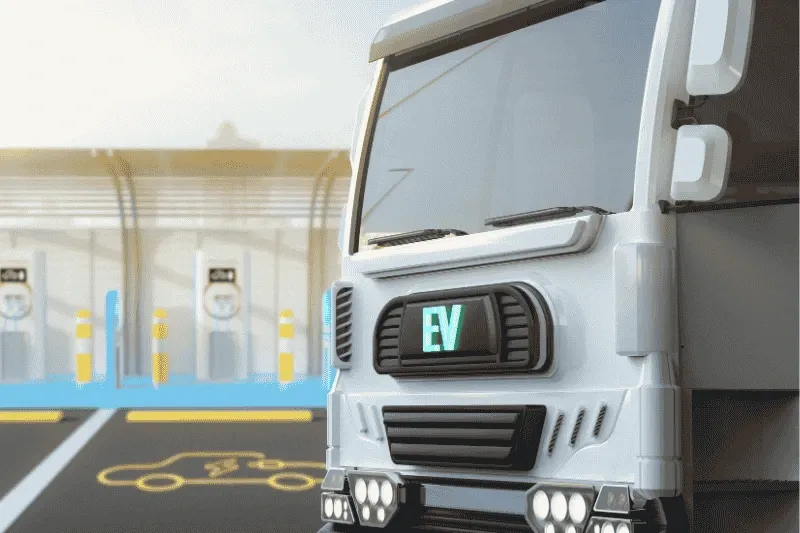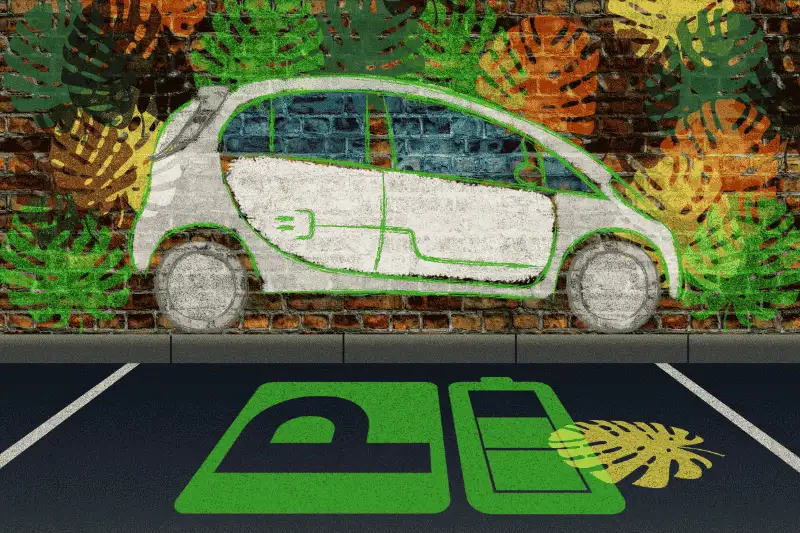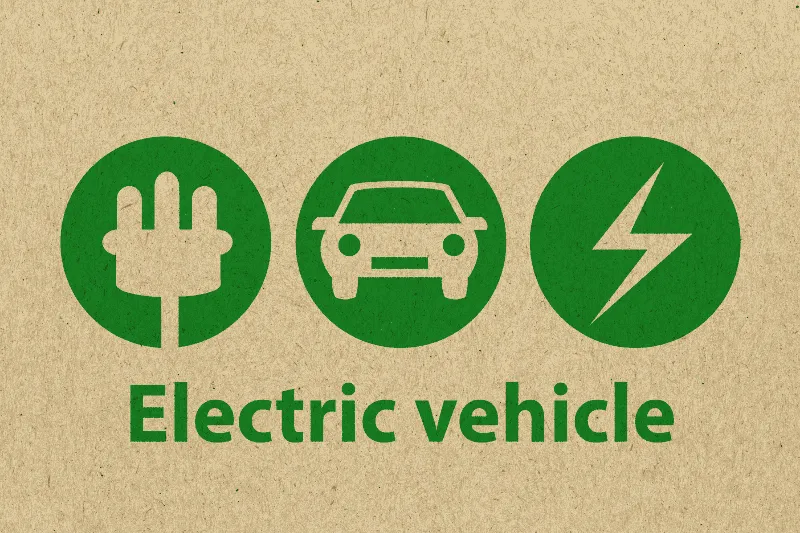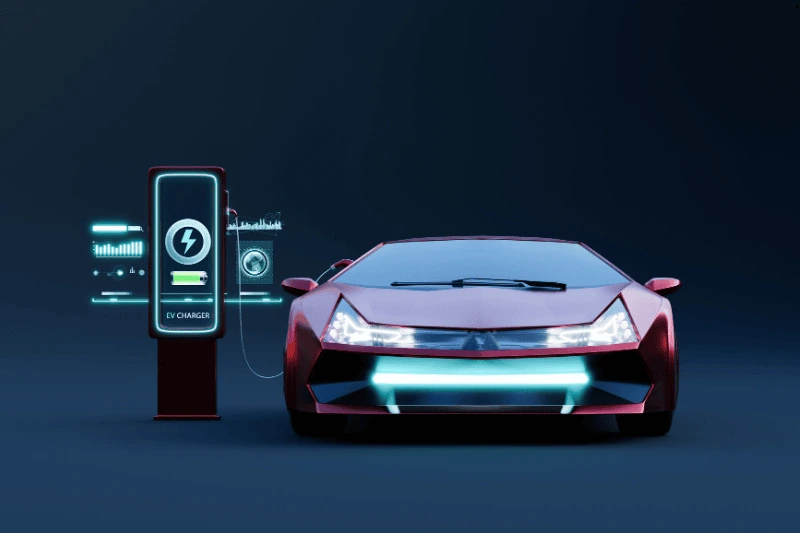- Why electric vehicles are the future of transportation?
- Environmental benefits and sustainability of EVs
- Technological advancements in electric vehicles
- Challenges to EV adoption and the road ahead
- The role of governments and policy makers in EV adoption
- The economic impact of electric vehicles
- The global shift toward electric vehicles
- Conclusion
Electric vehicles (EVs) have evolved beyond a mere trend—they represent the future of transportation. As we shift towards more sustainable options, EVs are at the forefront of changing the automotive landscape. They play a crucial role in lowering carbon emissions and enhancing driving experiences, making them increasingly common on our roads. But what contributes to their significance, and why are they vital for the future?
Why electric vehicles are the future of transportation?
Electric vehicles are becoming increasingly popular as the world seeks greener alternatives to fossil fuels. With governments enforcing stricter environmental regulations, there is a rising effort to lower the carbon footprint of the transportation sector, a major contributor to global emissions. EVs provide a viable solution by operating on clean energy, decreasing harmful pollutants, and positively affecting air quality. Furthermore, as technology advances, EVs are becoming more affordable and efficient, making them an appealing choice for consumers around the globe.
Environmental benefits and sustainability of EVs
The benefits of electric vehicles for the environment are clear. Unlike conventional gasoline cars, EVs emit no tailpipe pollutants, which greatly lowers air pollution in urban areas. This transition not only aids in combating climate change but also is essential for meeting global sustainability targets. As more EVs are powered by renewable energy, the overall carbon footprint of electric transportation is anticipated to shrink even more, speeding up the move towards a sustainable future.
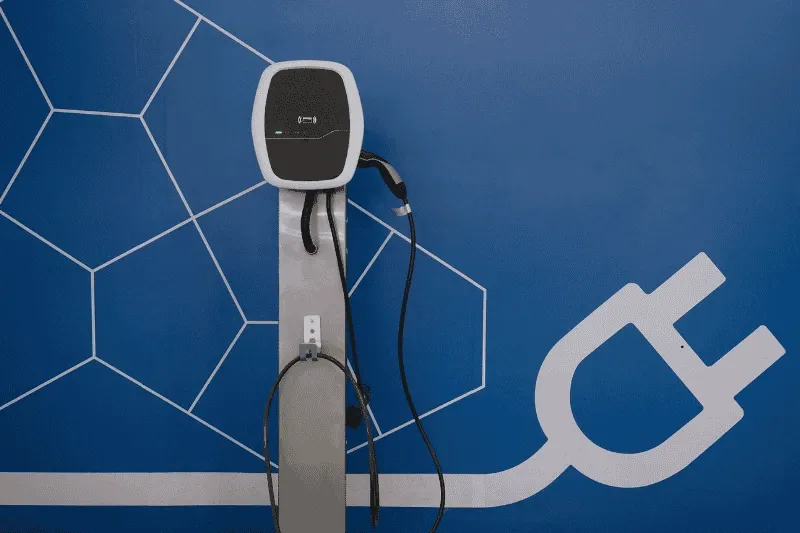
Technological advancements in electric vehicles
Electric vehicles are now packed with advanced technology that is transforming our perspective on transportation. Improvements in battery technology, including quicker charging and extended ranges, have resolved numerous issues that EVs encountered previously. Additionally, progress in autonomous driving, smart connectivity, and in-car features is making EVs sophisticated mobile hubs. As these innovations keep advancing, the driving experience is set to become safer, more efficient, and more enjoyable than ever.
Challenges to EV adoption and the road ahead
Even with their many benefits, the widespread use of electric vehicles encounters several obstacles. A major challenge is the lack of charging infrastructure. Although more charging stations are being set up, they remain scarce in many locations, particularly in rural or underdeveloped areas. Furthermore, the environmental and resource issues associated with battery production for EVs need to be tackled. Nevertheless, as technology improves and investments in infrastructure increase, these challenges are likely to lessen, leading us toward an electric future.
The role of governments and policy makers in EV adoption
Governments are crucial in speeding up the adoption of electric vehicles. In various countries, financial incentives like tax credits, rebates, and subsidies have made EVs more accessible to consumers. Policy measures such as tougher emissions standards, low-emission zones, and even strategies to phase out internal combustion engine vehicles further facilitate the shift to electric transportation. As governments keep investing in infrastructure and offering regulatory support, the expansion of electric vehicles will become more sustainable and widespread.
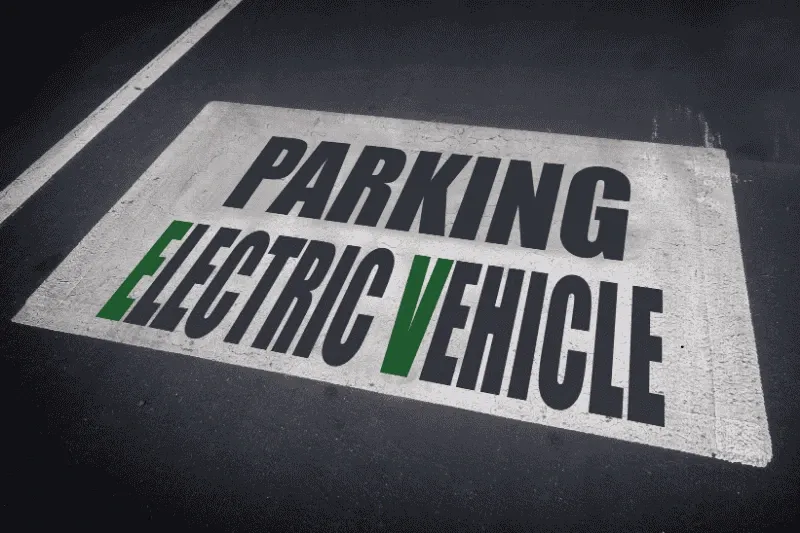
The economic impact of electric vehicles
Electric vehicles offer more than just environmental benefits; they also bring considerable economic advantages. The EV market has generated thousands of jobs in areas like manufacturing, research and development, and infrastructure. Transitioning to electric cars decreases reliance on imported oil, which helps countries improve energy security and stabilize their economies. As electric vehicles gain popularity, sectors associated with clean energy, battery production, and vehicle maintenance are expected to experience significant growth.
The global shift toward electric vehicles
The demand for electric vehicles is skyrocketing worldwide. Across Europe, Asia, and North America, governments, businesses, and consumers are recognizing the advantages of EVs. Major car manufacturers are pouring resources into electric vehicle production, with numerous companies revealing intentions to eliminate internal combustion engine vehicles in the near future. This worldwide transition represents a crucial step in the battle against climate change and signals the conclusion of an era for conventional gasoline-powered cars.
Conclusion
The rise of electric vehicles represents more than a passing trend; it signifies a crucial shift in our approach to transportation. With their environmental, economic, and technological advantages, EVs are reshaping the automotive industry and our daily lives. As the world increasingly adopts clean energy solutions, electric vehicles will be pivotal in building a sustainable future for generations ahead.

